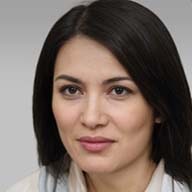Psychology
Name
Institution
Course
Date
Abstract
The affective extension of the sometimes-opponent process (AESOP) is a model that focusses on affection and sensory stimuli that were advanced by Allan Wagner. The AESOP model has regulations on how the stimulus is to be represented hence showing how learning is supposed to occur either as a primary or secondary component. The theories associated with the learning process assume that experiences are documented in the hypothetical memory structure. This theory assumes that a stimulus whether conditioned or unconditioned has a response that could be conditioned or unconditioned. Pavlov’s carried out trials that exhibited that a dog will drool when it a bell is rung or when hungry. The sound of a bell or hunger is stimuli that trigger a response of salivating in the dog. Pavlov saw that both conditioned and unconditioned stimuli elicited the same answer. In the AESOP model, Wagner saw that the replies from the sensory and affection stimuli could be the same or different, that is there is a primary and secondary component (Bouton, 2007).
A trained stimulus is an impartial provocation that is associated with an unconditional stimulus that produces a habituated response. Assume the aroma of the meal you like the most is the new stimulus and hunger is the answer you give without any form of training. Suppose that every time you smell your best food you always hear the sound of a car honk. Honking and the smell of any me…
Free Learning Theories: The affective extension of SOP model Essay Sample, Download Now
Order Original Essay on the Similar Topic
Get an original paper on the same topicfrom $10 per-page





Leave a Reply